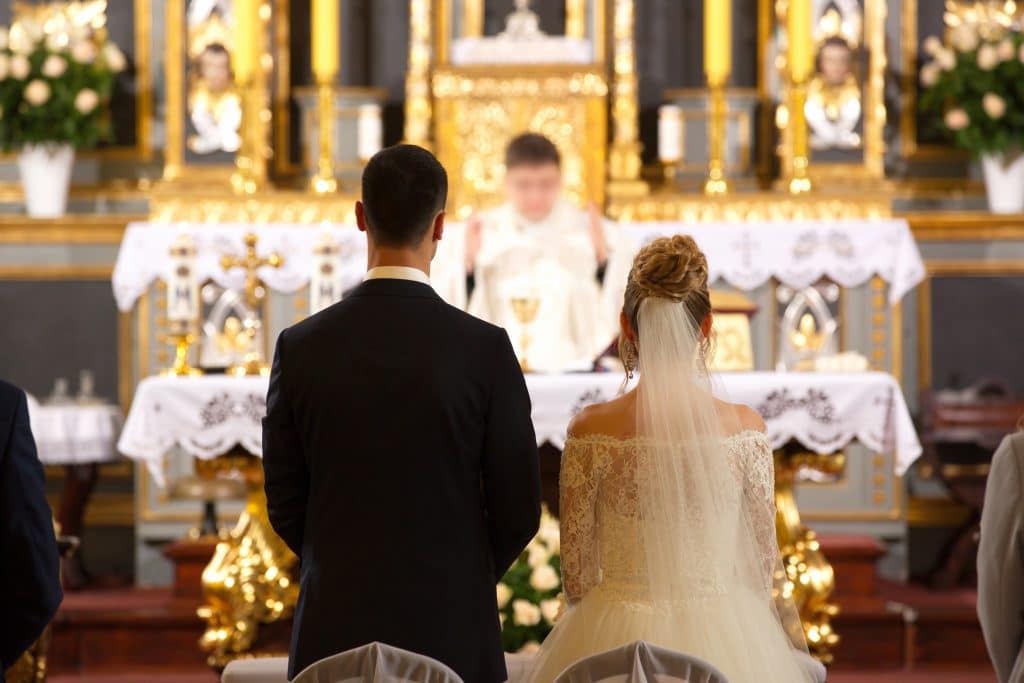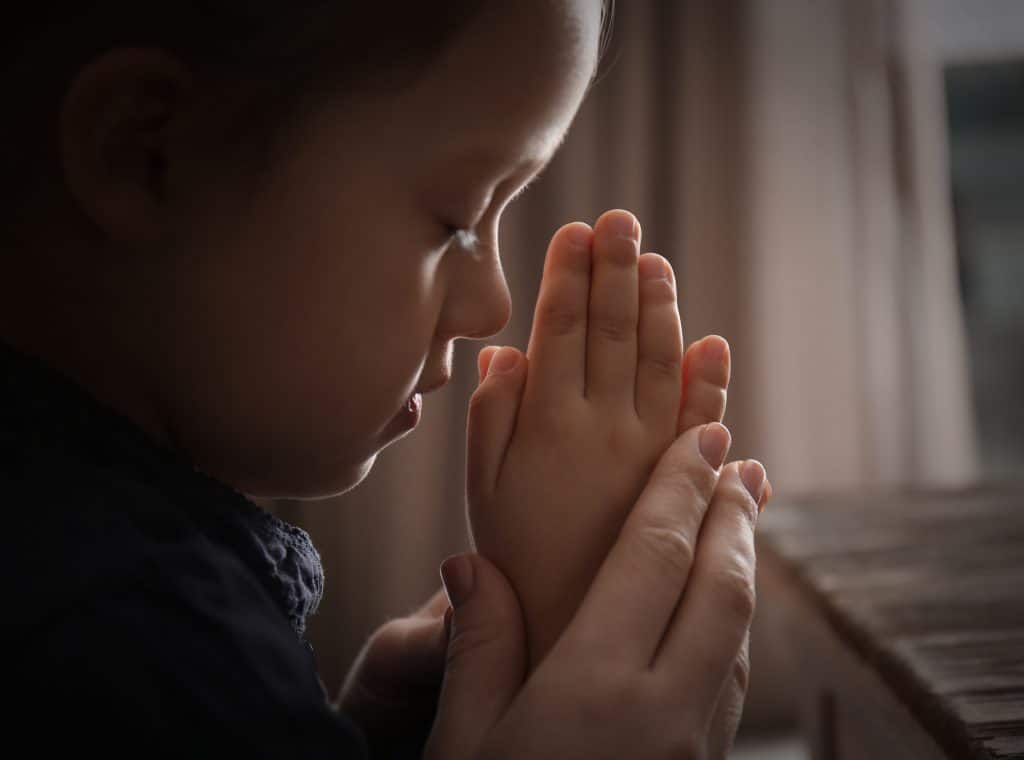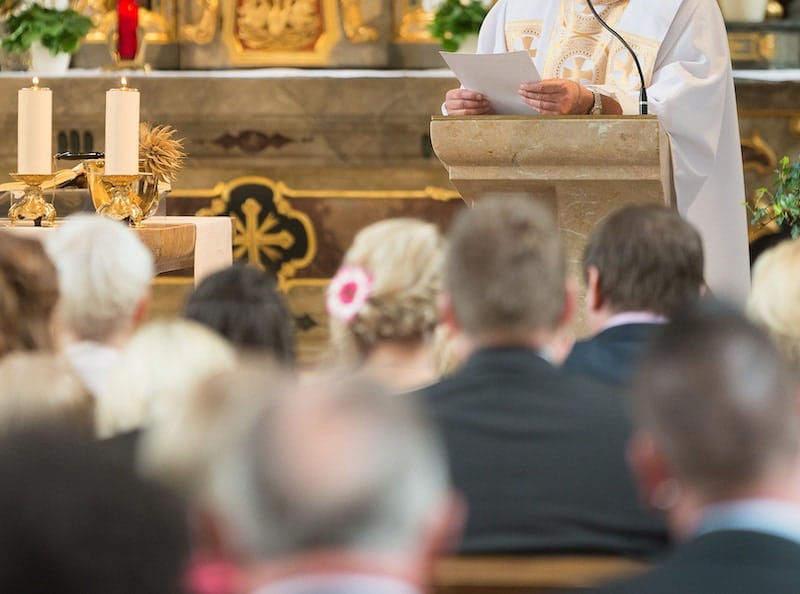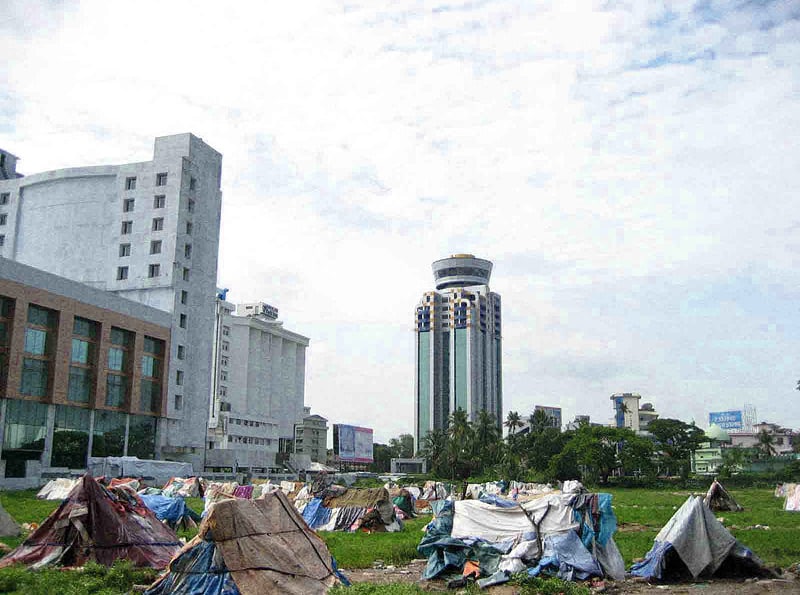Catholic Social Teaching and Culture
Consumerism
Caring for Our Common Home
Religion is the Foundation of Culture
We are Experiencing a Profound Human Crisis
Radical Secularism
Alienation
New Idols
The Most Important Structure of Society
We are experiencing a profound human crisis.Our problems originate “in the denial of the primacy of the human person!
We have created new idols.”

Key Insight
Pope St. John Paul II established the need to maintain vibrant and critical interaction among economics, culture, and politics, emphasizing that of these – culture is the most important: “All human activity takes place within a culture and interacts with culture.” (Centesimus Annus, 51)
“Man is understood in a more complete way when he is situated within the sphere of culture through his language, history, and the position he takes towards the fundamental events of life, such as birth, love, work and death.” (Centesimus Annus, 24)
READ MORE
“Man remains above all a being who seeks the truth and strives to live in that truth…From this…the culture of a nation derives its character.” (Centesimus Annus, 51) “At the heart of every culture lies the attitude man takes to the greatest mystery: the mystery of God. Different cultures are basically different ways of facing the question of the meaning of personal existence.” (Centesimus Annus, 24)

Integral Human Development
“Development must not be understood solely in economic terms, but in a way that is fully human.” (Pope St. John Paul II, 29)
“[A]uthentic human development concerns the whole of the person in every single dimension.” (Pope Benedict XVI, 11)
“[P]olitics and economy cannot be reduced to mere technical know-how bereft of ideals and unconcerned with the transcendent dimension of man…” (Pope Francis, 10)
“The apex of development is the exercise of the right and duty to seek God, to know him and to live in accordance with that knowledge.” (Pope St. John Paul II, 29)

Religion and Culture
As Pope St. John Paul II pointed out: Religion is at the foundation of culture. Without religion society creates an illusion that God does not exist or can be restricted to the realm of purely private affairs. Catholic social teaching makes clear: the health of a culture demands that religious values be part of the democratic debate.
Absent that, “public life is sapped of its motivation and politics takes on a domineering and aggressive character. Human rights risk being ignored”. (Pope Benedict XVI, 56)

Pathologies in Our Culture
Catholic social teaching points out four dangers or major ‘risks and problems’ in our current culture: (Click each to learn more)
- Pathologies Overview
- Consumerism (Pope St. John Paul II, 36)
- The Ecological Question (distinguishing the physical and human environment) (Pope St. John Paul II, 37)
- Alienation (Pope St. John Paul II, 41) (Pope Benedict XVI, 53)
- Radical Secularism & Relativism (Pope St. John Paul II, 46) (Pope Benedict XVI, #3)
FAQs
Q: Why did Pope St. John Paul II add culture to what constitutes society?
A: Prior to Centesimus Annus, Catholic social teaching viewed society as the interplay among politics/government and economics. Centesimus Annus is extraordinary in the way it reconfigures the basic framework of Catholic social teaching and definition of society. It establishes the need to maintain vibrant and critical interaction among economics, culture, and politics, emphasizing that of these three, culture is the most important. Henceforth, while continuing to address the structures of society, (our political and economic milieu) Catholic social teaching also requires we focus on the cultural elements which greatly impact on us.
Q: What is the risk if we fail to focus on culture?
A: Failing this we are warned that “cultures can no longer define themselves within a nature that transcends them, and man ends up being reduced to a cultural statistic. When this happens, humanity runs new risks of enslavement and manipulation.” (Pope Benedict XVI, 26)
“In many countries globalization has meant a hastened deterioration of their own cultural roots and the invasion of ways of thinking and acting proper to other cultures which are economically advanced but ethically debilitated.” (Pope Francis, 62)
Perhaps the greatest danger is “human beings are themselves considered consumer goods to be used and then discarded. We have created a ‘throw away’ culture which is now spreading…The excluded are not the ‘exploited’ but the outcast, the ‘leftovers’.” (Pope Francis, 53)
“It is a well-known fact that…millions of people are still suffering and dying of starvation” (Pope Francis, 2017 World Food Day Address to Conference of the Food and Agriculture Organization of the United Nations, 1) while our culture deadens us to the problem.
“[A] globalization of indifference has developed. Almost without being aware of it, we end up being incapable of feeling compassion at the outcry of the poor, weeping for other people’s pain, and feeling a need to help them, as though all this were someone else’s responsibility and not our own.” (Pope Francis, 2017 World Food Day Address to Conference of the Food and Agriculture Organization of the United Nations, 1)
Q: What role does religion play in culture?
A: Religion is at the foundation of culture. Pope St. John Paul II points out that at the heart of culture lay morality and at the heart morality lay religion. And by insisting on a vibrant, publicly assertive moral-cultural order, he throws down a gauntlet to the modern world and what he calls “skeptical relativism” and what Pope Benedict XVI has called the “Dictatorship of Relativism” which rejects religion in the public square. This situation “in the end, is nothing less than a threat to genuine human freedom, which only matures in generosity and fidelity to the truth.” (Pope Benedict XVI, Response to Questions Posed by US Bishops, 16 April 08, Washington, DC)
Without religion society creates an illusion that God does not exist or that God can be restricted to the realm of purely private affairs. Catholic social teaching insists that Christians cannot accept that attitude. Why? Because “Freedom…demands the courage to engage in civic life and to bring one’s deepest beliefs and values to reasoned public debate.” (Pope Benedict XVI, White House Welcoming Ceremony, April 16, 2008, Washington, DC) “Fidelity to the truth…alone is the guarantee of freedom”. (Pope Benedict XVI, 9)
Catholic social teaching makes it clear that the health of a culture demands that religious values be part of the democratic debate. Absent that, “public life is sapped of its motivation and politics takes on a domineering and aggressive character. Human rights risk being ignored”. (Pope Benedict XVI, 56)

